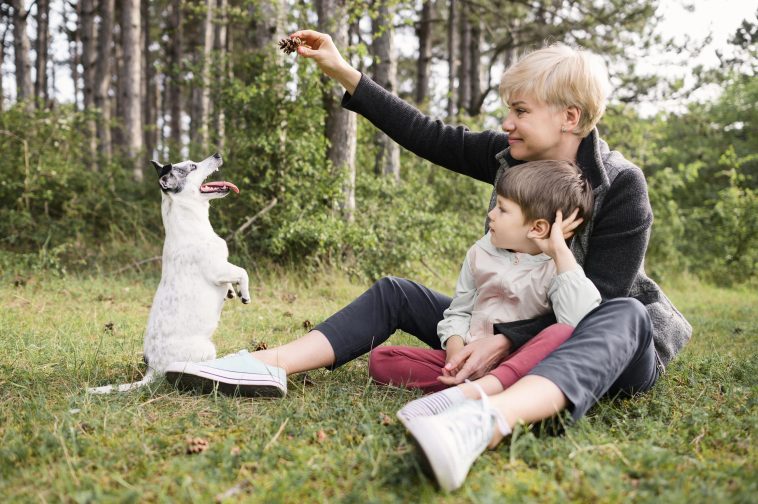Introduction: Pet poison incidents involving human medications are alarmingly common, with birth control pills ranking among the top 10 frequently ingested substances. While birth control pills are generally low in toxicity for dogs, swift action is crucial if ingestion occurs. This guide provides insights into the potential risks, symptoms, and steps to take if your dog eats birth control pills, emphasizing prevention and responsible pet care.
1) Birth Control Toxicity in Dogs:
- Birth control pills have low hormone concentrations and are usually not highly toxic.
- Concerns may arise from packaging ingestion rather than the pills themselves.
2) Types of Birth Control:
- Most pills contain low concentrations of estrogen and progesterone; some may include iron, posing additional concerns.
- Distinction between birth control and hormone replacement pills is essential when seeking veterinary advice.
3) Toxic Doses and Symptoms:
- Estrogen doses exceeding 0.45 mg per pound can be toxic; iron doses over 9 mg per pound are considered toxic.
- Symptoms range from mild upset stomach to anorexia, vomiting, diarrhea, and, rarely, estrogen-induced bone marrow suppression.
4) What to Do if Your Dog Eats Birth Control:
- Assess the quantity consumed and check for packaging ingestion.
- Identify the drugs (estrogen, progesterone, iron) present and their concentrations.
- Contact the veterinarian immediately or call pet poison helplines for guidance (Pet Poison Helpline: 855-764-7661, ASPCA Animal Poison Control Center: 888-426-4435).
5) Inducing Vomiting:
- Do not induce vomiting at home without veterinary instruction.
- Vet guidance is crucial even for non-toxic ingestions due to potential packaging consumption.
6) Treatment of Birth Control Poisoning:
- If ingestion was recent, vets may induce vomiting, administer activated charcoal, or recommend hospitalization for severe cases.
- Thorough history, including packaging details, aids in tailored treatment.
7) Prognosis and Recovery:
- Prognosis is excellent for most cases, with mild to moderate ingestions generally not requiring extensive treatment.
- Identifying active drugs and packaging consumption is crucial for comprehensive care.
8) Prevention of Birth Control Poisoning:
- Securely store medications away from pets’ reach.
- Avoid leaving medications in easily accessible places like purses or countertops.
- Ensure medications are in sealed containers, preventing accidental access.
Conclusion: Birth control pill ingestion by dogs, though often not highly toxic, demands prompt attention and professional guidance. Understanding the risks, recognizing symptoms, and taking preventive measures are pivotal in ensuring your dog’s well-being. Responsible pet ownership involves not only addressing emergencies but also proactively securing the environment to minimize potential hazards. By staying informed and acting swiftly, pet owners can navigate through such incidents, promoting a safe and healthy living space for their beloved companions.


